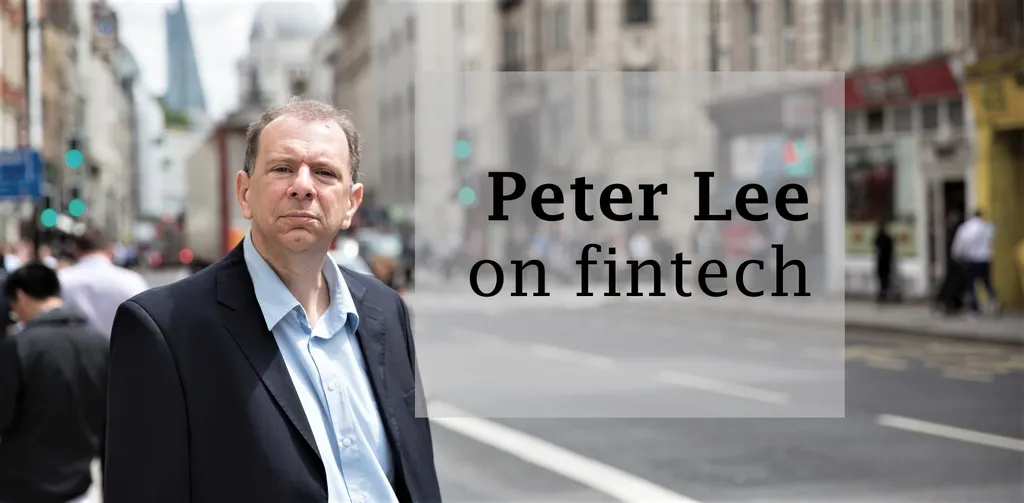After the disastrous collapse of FTX and Alameda at the end of 2022, which itself resulted from the cascading declines in cryptoassets and bankruptcies of crypto lenders that followed the implosion of TerraUSD last May, calls have grown for real world regulators to set the rules for crypto’s pretend money.
The loudest voices come from within the crypto community itself.

Philipp Pieper, co-founder of Swarm Markets, comments: “Where once Swarm was in the minority of voices calling for a regulatory-first approach to crypto, the entire sector now seems onboard with the idea that regulation is essential and, in some cases, a saviour for its long-term survival.”
And the same hope is rising in parts of the traditional financial world.
At the start of January, the CFA Institute for investment professionals issued a set of nine recommendations for harmonized global rules based on the association’s belief that cryptoassets demand a strong and clearly defined regulatory framework to protect investors, without which crypto will be unable to gain mainstream acceptance.
Olivier Fines, head of EMEA advocacy at the CFA Institute, says: “Policymakers must either agree on the application of existing laws to various components in the crypto ecosystem or craft new laws to fill in any gaps. Trust in the integrity of crypto markets is essential to attract investors and build crypto networks to scale.”
Motivation
Euromoney can’t help wondering why crypto should gain mainstream acceptance and what motivation institutional investors – rather than the intermediary brokers and asset managers who simply love having more stuff to trade and whose entire business models depend on an excess of financializaton – might possibly have to build crypto networks to scale.
Sure, the crypto crowd has spent heavily on political contributions in developed markets. Sam Bankman-Fried’s trial – if it goes ahead – will be interesting to follow for more revelations on this.
And some emerging-market governments – such as Morocco and… the UK – are still trying to promote their countries as crypto hubs.
But listen to what the developed-market regulators are saying and they sound in no rush to ride to crypto’s rescue.

Fabio Panetta, member of the executive board of the European Central Bank (ECB), published a blog on January 5 in which he admitted that the crypto craze was unlikely to burn itself out. He also conceded that the cost to society of an unregulated crypto industry may be too high to ignore.
But his suggestion is not that traditional financial regulators should embrace it. Instead, he argues that “regulation should acknowledge the speculative nature of unbacked cryptos and treat them as gambling activities. Vulnerable consumers should be protected through principles similar to those recommend by the European Commission for online gambling. They should be taxed in accordance with the costs they impose on society.”
This seems about right.
And there are signs of a harmonized response between regulators in the big financial centres of the EU and the US.
On January 3, the three main US banking regulators – the Federal Reserve, Federal Deposit Insurance Corp and the Office of the Comptroller of the Currency – issued a joint statement that addresses the growing interest among some banks in building beyond research into crypto to deal in these assets directly for customers and on their own account.
Inconsistencies
The federal agencies remind regulated entities that they are supervising banking organizations that may be exposed to risks stemming from the cryptoasset sector and are carefully reviewing any proposals from banking organizations to engage in activities that involve cryptoassets.
They point out that banks are neither prohibited nor discouraged from providing banking services to customers of any specific class or type, as permitted by law or regulation.
So, a message there perhaps for members of the US Congress who may recently have discovered within themselves a new and previously unrealized passion for all things crypto.
However, the agencies believe that issuing or holding as principal cryptoassets that are issued, stored or transferred on an open, public and/or decentralized network or similar system is “highly likely to be inconsistent with safe and sound banking practices”.
What is more, they also have safety and soundness concerns with banks investing in the conventional equity of businesses that are concentrated in cryptoasset-related activities or have concentrated exposures to the cryptoasset sector.
That leaves open the potential for closed, private blockchains for banks to deal in digital versions of conventional securities and currencies, such as state-issued central bank digital currency (CBDC).
But if this is meant to be regulators riding to crypto’s rescue, it looks more like them turning up after all the damage has been done to stick the final knife in.




